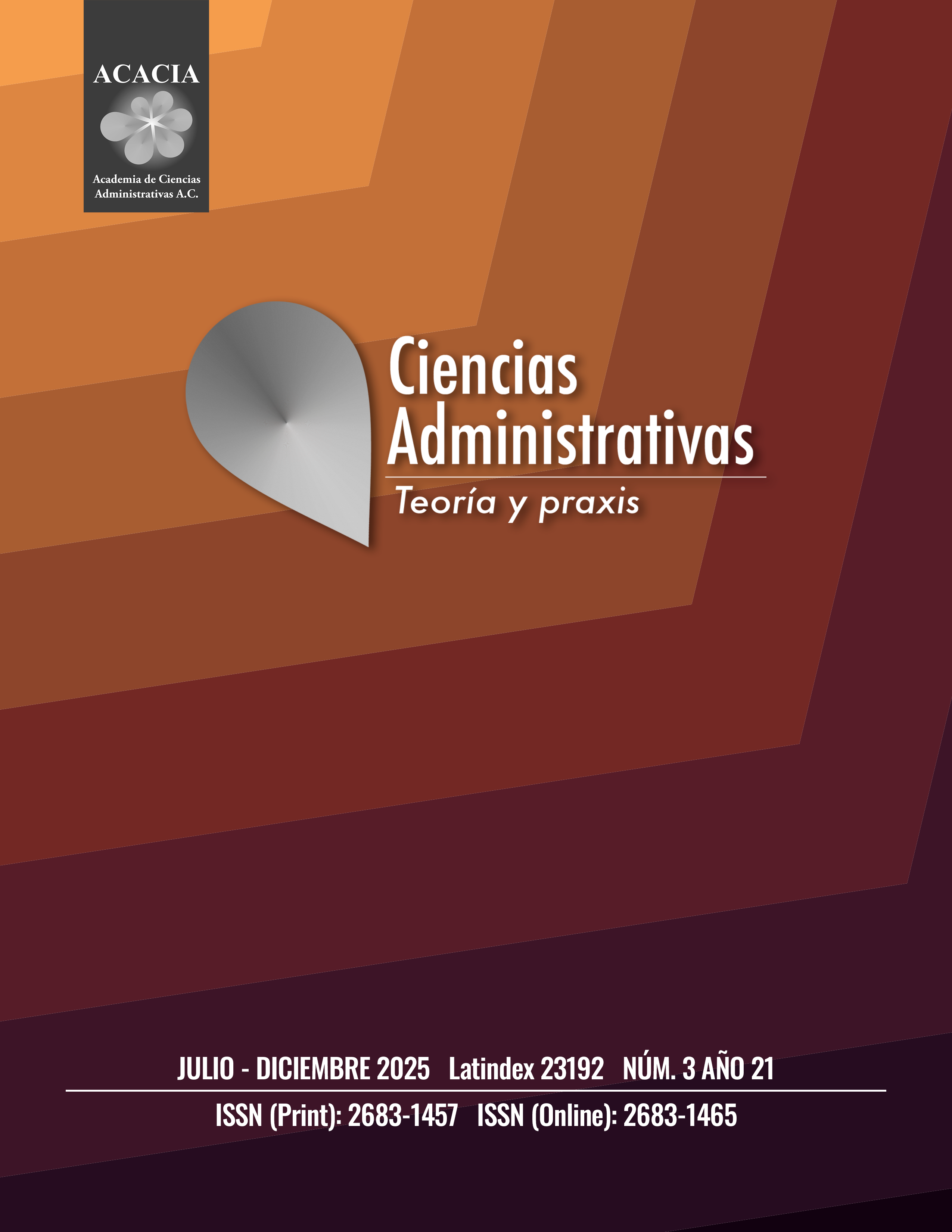An econometric analysis of financial vulnerability: empirical evidence from Mexico
DOI:
https://doi.org/10.46443/catyp.v21i3.496Keywords:
financial vulnerability, logistic model, formal education, income and expenditure recordingAbstract
The research aims to determine factors that explain the increased financial vulnerability of the adult Mexican population. Since the dependent variable is dichotomous and the explanatory variables are microeconomic, a logistic model is used. The results indicate that the variables: formal education, income and expenditure recording, mobile phone ownership, assets, age, especially the range of 56 to 65 years, female status, income variability, non-use of correspondent banking, and size of locality have a strong impact on financial vulnerability. The main implication is the development of policies with a microeconomic approach. This paper contributes to the theoretical understanding of the effect of formal and financial education on vulnerability rather than economic aspects. The main conclusion is to focus on strengthening financial literacy that allows people to plan their income and expenditure to face situations of income loss.

Published
How to Cite
Issue
Section
License
Copyright (c) 2025 Ciencias Administrativas. Teoría y Praxis

This work is licensed under a Creative Commons Attribution-NonCommercial-NoDerivatives 4.0 International License.















